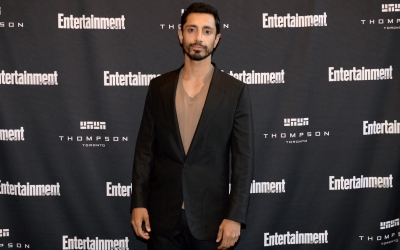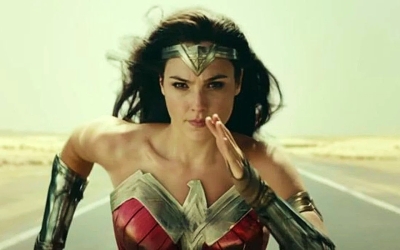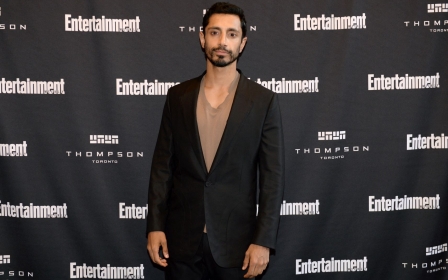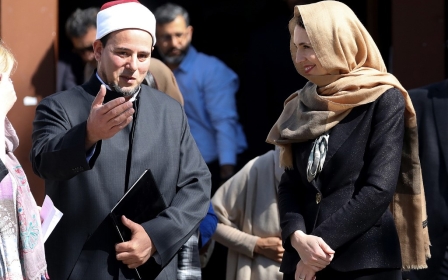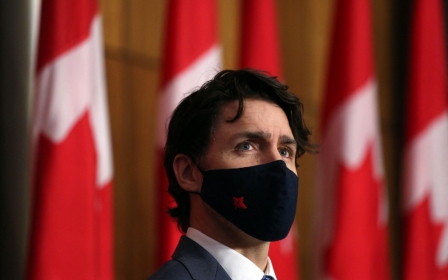Riz Ahmed: Hollywood's portrayal of Muslims 'stereotypical, toxic, two-dimensional'
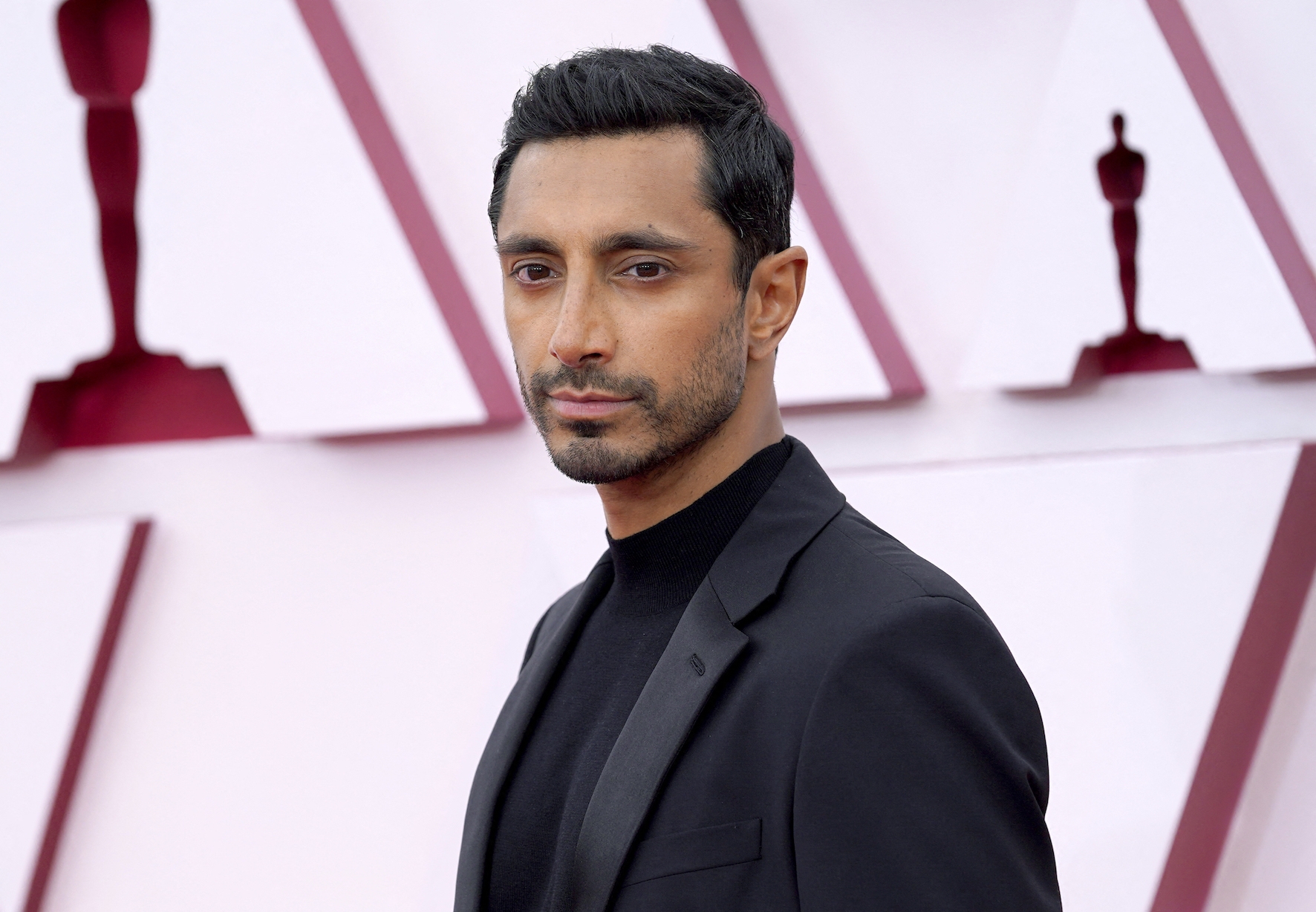
The Oscar-nominated actor Riz Ahmed has condemned rampant underrepresentation and negative depictions of Muslims in cinema.
In a widely shared video posted on YouTube and other social media platforms on Thursday, the Star Wars star said the problem was one "that can’t be ignored anymore”.
In the 13-minute-long video, Ahmed says Muslims on screen are “either non-existent or entrenched in those stereotypical, toxic, two-dimensional portrayals”.
Speaking about his own experience in the industry, he added: “I don’t really want to be here now.
"I don’t want to be here giving these speeches… I want to be able to do what my white counterparts do. I want to be able to take a role, give interviews about the role and then in between roles, prepare for the next role.”
Ahmed backed a study by the USC Annenberg Inclusion Initiative entitled “Missing & Maligned: The Reality of Muslims in Popular Global Movies", which found widespread negative portrayal of Muslims in film.
The report examined Muslim representation in 200 popular films from the US, UK, Australia, and New Zealand between 2017 and 2019.
Out of the 200 films analysed, the report found that 181 were missing Muslim characters. Meanwhile 90.5 percent of the 200 films did not feature a single Muslim character in a speaking role.
According to the study's authors, when Muslim characters do appear, they are stereotyped "as outsiders, threatening, and as subservient, particularly to white characters".
Fellowship for Muslim creatives
In response to the findings, the Pillars Fund, a Muslim community foundation, announced the launch of a fellowship to support Muslim writers and filmmakers hoping to break into film and the entertainment industry.
The organisation says it hopes to amplify the narratives and talents of Muslims in the US and combat the entertainment industry's “toxic” portrayal of Muslims through “short, medium, and long-term solutions for change”.
Those selected will receive an award of $25,000, as well as career development support.
Advisory board members include a number of well-known Muslims in the industry, including Riz Ahmed, Mahershala Ali, Hasan Minhaj, Ramy Youssef, Sana Amanat and Rosa Attab.
On social media, both the Pillars Fund initiative and Riz Ahmed’s video were well received by members of the Muslim community.
One Twitter user named Fariha Rashid responded: "A quarter of humanity; with billions of stories, character types and doubtlessly great range of emotions and human experiences.
"The narrative has to shift from the seemingly commercial myopic lens through which it is usually shaped."
'They are us'
Ahmed's comments came amid controversy over the announcement of a movie They Are Us depicting the aftermath of the Christchurch mosque massacre in New Zealand in March 2019, which was carried out by a white supremacist and left 51 worshippers dead.
Social media criticism centres around the film's apparent focus on the character of New Zealand's Prime Minister Jacinda Ardern and not the dozens of Muslims who were killed.
According to the film’s director Andrew Niccol, the movie is “not so much about the attack but the response to the attack”.
Many accused the film's producers of promoting a “white-saviour” narrative.
Journalist Faima Bakar said the release of the film highlighted the importance of high-profile Muslim actors like Riz Ahmed speaking out.
"As if Muslims want to rehash one of the most painful moments of Kiwi Muslim history," she wrote on Twitter.
"Even when Muslims tell their own stories - it doesn't speak for all of us, but they should be given the chance to at least try."
This article is available in French on Middle East Eye French edition.
Middle East Eye propose une couverture et une analyse indépendantes et incomparables du Moyen-Orient, de l’Afrique du Nord et d’autres régions du monde. Pour en savoir plus sur la reprise de ce contenu et les frais qui s’appliquent, veuillez remplir ce formulaire [en anglais]. Pour en savoir plus sur MEE, cliquez ici [en anglais].


